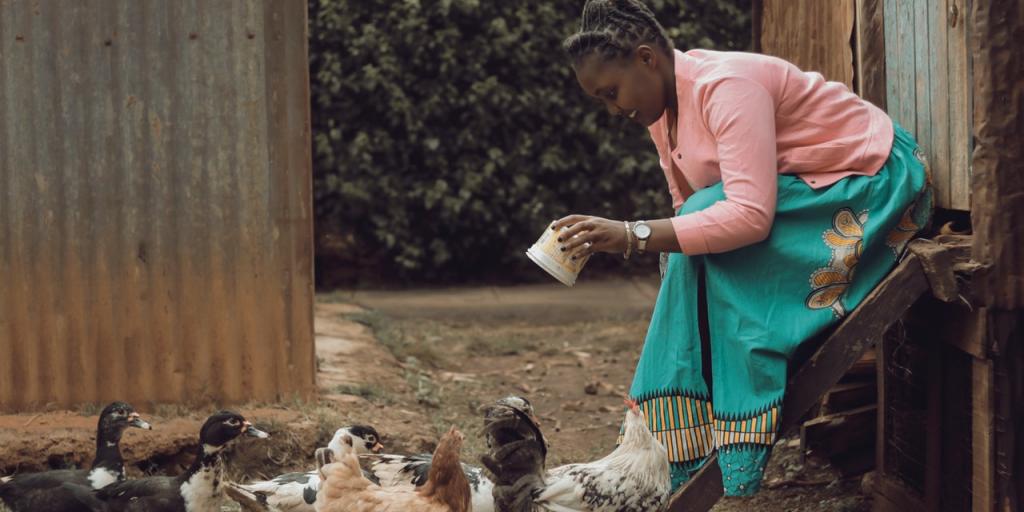There has been an intense global campaign to influence food sustenance, especially in developing countries. Leading scholars and economists across the globe have extensively released publications in that regard, and the view is unanimous: The next crop of millionaires in Africa will come from the agribusiness sector.
After the Covid-19 pandemic hit, corporate and private businesses have taken financial hits resulting in massive pay cuts for employees – or, the less pleasant and life-changing job layoffs and contract terminations.
Agribusiness beckons.
Sheriff Poultry Farm in Bamburi, Mombasa is a classic study on how a well-thought out investment in this sector can turn around plummeting fortunes. What’s more? Improving the livelihood of several lads by generating wage-paying jobs.
The founder of the robust poultry farm is an energetic, jovial lad – perhaps, early 30s’ – and has clocked a decade in a regional cement manufacturing company. He’s Abubakar Mwinyi, but known in the sprawling Bamburi Mwisho hood simply as Sheriff.
In January, just a month after the first case of the pandemic had broken, a third of the employees had received a letter from HR that declined to renew their contracts.
Thankfully, the company had awarded a severance package.
Sheriff didn’t grow up in a farming household, and didn’t have much experience. He had to learn from scratch. Sheriff sourced for online manuals and joined digital farming platforms. After lots of research, he settled on poultry, for several reasons.
The capital required doesn’t break the bank. It’s not labor intensive, and is flexible – start small – lower the risks. He didn’t need much land, his courtyard would be apt.
After a tiered chicken structure by a local fundi, Sheriff visited a hatchery in Kilifi County, and bought 50 chicks – one month’s old. His research sparked his interest in the Ken-Bro variety. This breed is versatile, either for eggs or as table meat.
It has notable resistance to disease compared to purebred layers, and attains weight for meat in just 3 months. If one opts for eggs, they require 6 months.
Sheriff was eyeing the meat business – cafés, restaurants and eateries. He also enjoyed home grown advantage – well known. He had ready market.
One month in, the entrepreneur realized how costly the venture is. The birds were fully house-bred, meaning the feeds cost twice as much as a similar project would cost in free range option. They were eating into his savings – poultry feeds are costly.
At 3 months, Sheriff sold the entire flock to a local café owner, at a good market price. He realized profit – but, at this stage – he valued the experience more. The first flock was his first dive into the deep end of the pool.
Using the earnings, he leased some space from his next door neighbor and fenced it. Now, he could rear his next flock partly in a deep litter system, and free range. After the usual fumigation and sanitation of the premises, he had doubled his purchase – he brought in 100 birds.
Since, Sheriff Poultry Farm has grown in leaps and bounds. It has diversified to host turkeys, water ducks and guinea fowls. The farm formulates own feeds.
Abubakar credits his success to a good relationship with Co-op Bank. After his first sale, Co-op Bank had assisted him register an M-Pesa Till number at no cost for his business – and linked it to his bank account.
Now, through New Co-op Bank Internet Banking, Abubakar easily monitors his account through his mobile phone. It’s now easier to pay for feeds or raw materials directly from his account, pay salaries. He gets to pay his utility bills – water and electricity bills conveniently using his phone.
It’s easy to self-register on New Co-op Bank Internet Banking, just click here, and enjoy the world of banking at your fingertips.














